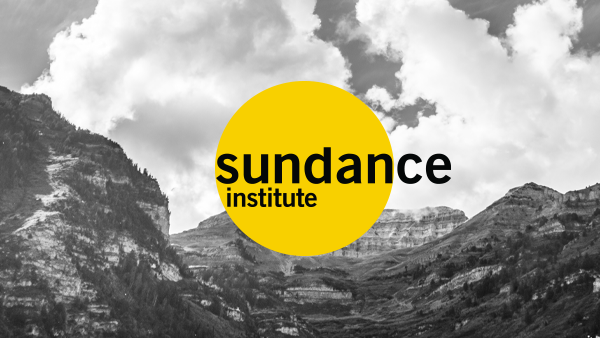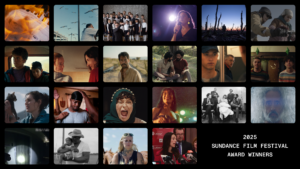Patricia Finneran
Sundance Institute’s Documentary Program has been working with filmmakers Maren Grainger-Monsen and Nicole Newnham for over a year. We’ve heard the stories and witnessed this group in action in the short film based on the feature documentary The Revolutionary Optimists, a film we produced in partnership with the Bill and Melinda Gates Foundation that premiered at TEDx in September 2010. I recently travelled to Calcutta to meet with some of the subjects of the film.
One of the organizations featured in the film is Prayasan, an NGO that focuses on “education, preventive health care, sanitation and hygiene” and serves children and their families. I arrived at the Prayasam offices in a residential area of Calcutta. Their office is a bright, shining, and calm space in the chaos and clatter of this city of 120 million. The walls, painted orange and pink, are decorated with children’s art work and friendly looking posters about prevention of child marriage and the Millenium Development Goals.
After leaving my dusty shoes by the door, I made my way up the stairs to where everyone looks up to smile hello, in the back corner a group of three children aged 12-13 sit across the table from the company founder Amlan Ganguly in a meeting about project plans for the coming year.
Amlan’s vision is about how an NGO can serve the poor by empowering children to lead change in their community; young people still see their world is changeable. It was deeply moving to actually meet Amlan, his colleagues and some of the young people that Prayasam serves, particularly Salim (the little boy holding the baby in the film).
In the short film, Salim, a 12-year-old boy, who lives in an informal settlement that lacks water, electricity and basic services, speaks about the need for clean water in his community and the urgency of vaccinating every child against polio. Government and UNESCO leaders in Delhi saw the short film and invited Salim to speak before Parliament a few months later, representing the needs of is community on a national level. The MP was so impressed they offered him a job. He informed them that child labor laws prevent him from working for several more years, so they’ll have to wait until he finishes school.
As film funders, we are often a layer removed from film subjects. Our focus, and rightly so, is the filmmaker, how can we support their journey at each level and step along the way? The Revolutionary Optimists feature film is part of Stories of Change, Sundance Institute’s partnership with the Skoll Foundation; creating connections between filmmakers and entrepreneurs is at the heart of the project, the long term goals are to seed social change. Maren Grainer-Monsen and Nicole Newnham are editing their feature and targeting completion by the end of 2011.
Half a world away in Sierra Leone, Lara Ruiz, a Spanish PhD student in International Development, was witnessing firsthand how development aid metes out assistance that alleviates crisis but does little to create sustainable solutions to poverty in the developing world. Lara saw our short film about the group of children in Calcutta, India working together to help their community reach the ‘final mile’ in the fight to eradicate polio. Lara was inspired by the community-based project with deep roots and high aspirations and she was called to act. “I knew I needed to go and meet the man behind these children who are leading the charge to change lives in the slums of Calcutta,” said Lara.
Through Prayasam Amlan’s innovation is about empowering children as activists in their communities. He sees health and education as inextricably linked. It is not about charity, or aid, it is about education, and community action. And it’s working: their target community has improved vaccination rates from 40 percent to 9 percent, and in the communities where they work more children are staying schools, and health and hygiene are improving.
For now, Amlan is focused on Calcutta and perhaps expanding to the rest of India. Lara will spend four months at Prayasam, preparing her thesis on the work there which she believes can, indeed ought to be, replicated elsewhere. She’ll publish her research at home in Spain, perhaps influencing aid funding from her country to elsewhere in the world.




